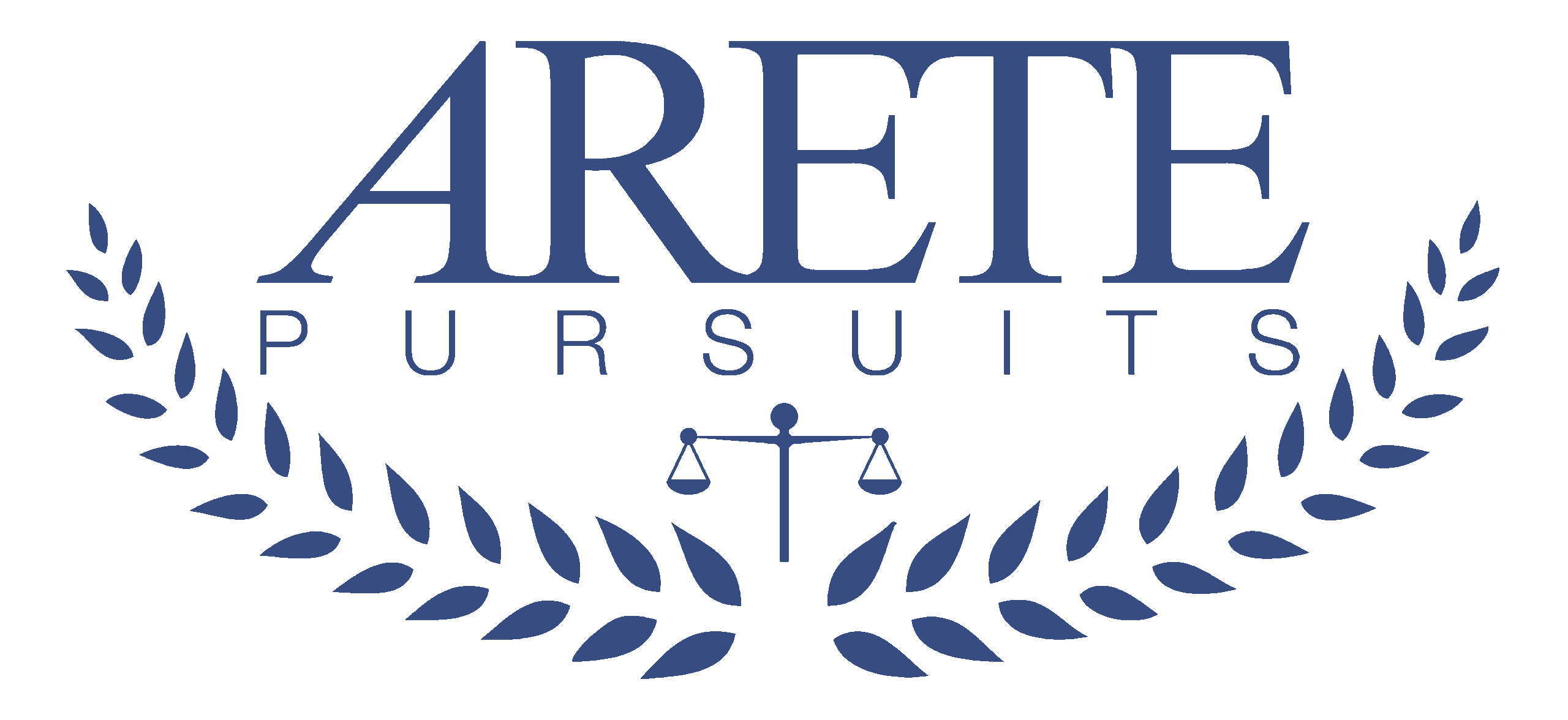One of the three foundational areas of ontological coaching is our use of language. You may think of language as a communication tool to describe the world. It is that and so much more. Language can be generative. For example, a new country was created through the Declaration of Independence.
As I began to understand this, I realized how many opportunities I was missing out on because I wasn’t having a conversation with someone. Sometimes, it was a conversation I knew I needed to have, which I was putting off because I expected it to be unpleasant. Sometimes, it was a conversation I didn’t even consider until I reflected upon a challenge I wanted to overcome.
I see the same pattern with many of my coachees. Often, they come to me with a challenge which, upon reflection, they discover stems from a missing conversation. Today, we will explore a few of my favorite categories of conversations. As you read, I invite you to reflect on the missing conversations in your life.
Conversations for Growth
Perhaps you saw the recent article in the Wall Street Journal, which suggests that the term feedback may be scary to some. Some companies are adopting the term feedforward as an alternative. I can understand why feedback has negative connotations –think about the painful, ear-splitting noise you get when someone brings a microphone too close to a speaker. But feedforward? We can do better. I offer conversation for growth or growth conversation as an alternative.
In coaching conversations, this is arguably the most common missing conversation. A leader has an employee who is underperforming but isn’t having the candid, direct conversation to address the issue and help them grow. A parent doesn’t share feedback with their child because they are worried about how it will impact their relationship. Someone opts not to tell their friend that their talkative style is exhausting because they don’t want to hurt their feelings.
Think for a moment about your employees. Your trusted colleagues. Your family and friends.
- Where do you see an opportunity for growth with one of these individuals that you haven’t shared?
- Why haven’t you been willing to have this conversation?
- What are the benefits of avoiding it?
- What are the benefits of having it?
Conversations for Connection
Another category I offer up is what I call conversations for connection. Humans are inherently social animals. A lot of compelling research shows we are happier and more fulfilled when we have regular, connected relationships with others. For many of us, the pandemic emphasized this point. We took for granted the social interactions that inherently came from gatherings, be that the office, school, or any other social setting.
I’m grateful that, as a coach, I am provided regular opportunities to connect deeply with others. This energizes me and nourishes my soul, even when it occurs in a video meeting. And yet, I find those interactions fundamentally differ from the opportunities to sit down with someone face-to-face. I strive for a healthy balance of both – connecting virtually when appropriate and looking for regular opportunities for in-person connections.
Think for a moment about the important relationships in your life. Who would you like to strengthen your connection with? Consider reaching out and setting up a conversation for connection, whether on the phone, in a video chat, or in an in-person conversation.
Conversations for Action
Conversations for action are probably very familiar to you and are covered in my ontological coaching education. Hopefully, many of the meetings you attend are conversations for action. Two or more people have a shared commitment and need to develop and execute a plan of action.
The distinction can be helpful in a company culture where the meeting purpose tends to be poorly defined. Are we meeting to develop a plan of action? Are we meeting to share information? Are we meeting to generate new ideas? Each is a different type of meeting, with different expectations, and likely involving different participants. Too often, we engage in what Patrick Lencioni calls “meeting stew,” where we have a “staff meeting” that could include all those conversations, usually with no advance notice regarding the agenda.
If you have an area where things appear stuck, you may have a missing conversation for action. Often, I have a coachee show up for a session feeling overwhelmed and unable to focus. I can support them with a conversation for action, helping them create structure and identify a plan of action to get themselves unstuck.
Conversations for Possibility
Another category from my ontological coaching is the conversation for possibility. Earlier in my career, I tended to divide leaders into the “strategy” type and the “execution” type. I saw myself as the “execution” type. Give me a strong partner who can generate the strategy, and I can deliver flawless execution. Over time, I realized I was embodying a fixed mindset, and I was perfectly capable of thinking strategically. I just needed to build the muscle with practice.
While some individuals may be exceptionally gifted at generating ideas independently, this is most effective as a team sport. I have come to treasure the phrase, “Can we have a conversation for possibility?” It brings a playful spirit to the conversation that helps get the creative juices flowing. Going for a walk can be an excellent setting for a possibility conversation.
When a coachee shows up with tunnel vision, unable to see other perspectives or generate alternative ideas, I like to engage in a conversation for possibility. My favorite technique is encouraging them to get up in the balcony and view the situation from a higher perspective to see what other ideas come to light.
Conversations for Reflection
The last category I’ll offer today is the conversation for reflection. We have so many missing conversations for reflection in our lives these days. We are so focused on doing that many of us allow no time for being, which includes giving ourselves the space for reflection (my term for living at the integration of doing and being is teliodosis).
Many of my coachees treat our sessions as conversations for reflection. I am their confidential thought partner, holding space while they reflect and offering powerful questions occasionally.
While we think of a conversation as involving two or more people, having a conversation with yourself can be equally powerful regarding reflection conversations. Schedule an hour for a reflection conversation and hold yourself to it. Shut down all distractions and devote that time to immersing yourself in reflection on a topic that warrants it. It may initially feel very uncomfortable, but it’s well worth the effort.
Putting It Into Practice
For September, I suggested reflecting on your Hero’s journey in your Journal of Awareness. For October, consider journaling daily on your missing conversations:
- What are the missing conversations in your life? Consider growth, connection, action, possibility, and reflection.
- Why haven’t you been willing to have this conversation?
- What are the benefits of avoiding it?
- What are the benefits of having it?
- Journal about the outcomes of your missing conversations.
I am an Executive Coach and Life Coach with software executive roots in Higher Ed and EdTech. I coach because I love to help others accelerate their growth as leaders and humans. I frequently write about #management, #leadership, #coaching, #neuroscience, and #arete.
If you would like to learn more, schedule time with me.
Want to comment? Join the conversation on LinkedIn.

